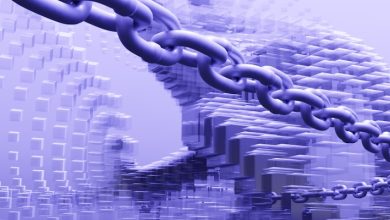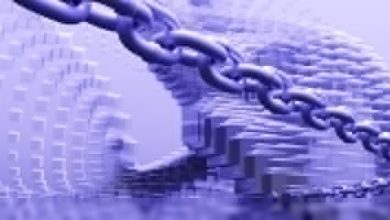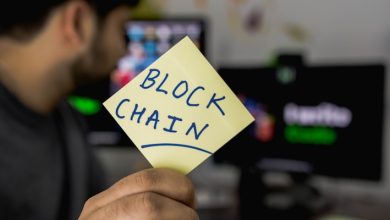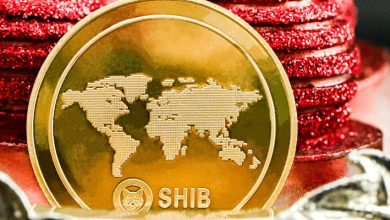Introduction to Decentralized Autonomous Organizations (DAOs)
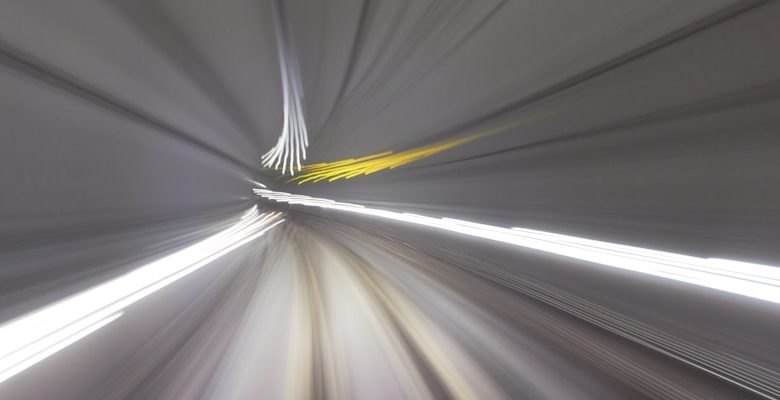
- Understanding Decentralized Autonomous Organizations (DAOs)
- The Evolution of DAOs in the Digital Age
- Key Concepts and Principles of DAOs
- Challenges and Opportunities in Implementing DAOs
- The Role of Smart Contracts in DAOs
- Future Trends and Potential Impact of DAOs on Society
Understanding Decentralized Autonomous Organizations (DAOs)
Decentralized Autonomous Organizations (DAOs) are a relatively new concept in the world of blockchain technology. They are organizations that operate without the need for centralized control or management. Instead, they are governed by smart contracts and rules that are written into code.
DAOs are designed to be transparent, secure, and efficient. They allow for decision-making processes to be automated and executed based on predefined conditions. This eliminates the need for intermediaries and reduces the potential for human error or bias.
One of the key benefits of DAOs is their ability to operate 24/7 without human intervention. This can lead to greater efficiency and productivity, as well as cost savings. Additionally, DAOs can help to reduce the risk of fraud or corruption, as all transactions are recorded on the blockchain and cannot be altered.
Despite their many advantages, DAOs are not without their challenges. One of the main concerns is the lack of legal framework surrounding these organizations. This can make it difficult to hold individuals or entities accountable in the event of a dispute or issue.
Overall, DAOs have the potential to revolutionize the way organizations are structured and operated. As more companies and individuals embrace this technology, we may see a shift towards a more decentralized and autonomous future.
The Evolution of DAOs in the Digital Age
The evolution of Decentralized Autonomous Organizations (DAOs) in the digital age has been a fascinating journey. From their humble beginnings as a novel concept to their current status as a prominent force in the blockchain space, DAOs have come a long way.
Initially, DAOs were seen as experimental projects with limited practical applications. However, as the technology behind them improved and as the community surrounding them grew, DAOs began to gain traction. Today, they are used for a wide range of purposes, from managing funds to governing decentralized platforms.
One of the key factors driving the evolution of DAOs has been the increasing sophistication of smart contract technology. Smart contracts are self-executing contracts with the terms of the agreement directly written into code. This has allowed DAOs to automate decision-making processes and enforce rules without the need for human intervention.
Another important development in the evolution of DAOs has been the rise of decentralized finance (DeFi). DeFi has provided DAOs with new opportunities to grow and expand their capabilities. By leveraging DeFi protocols, DAOs can now engage in activities such as lending, borrowing, and trading assets in a decentralized manner.
Overall, the evolution of DAOs in the digital age has been marked by innovation and growth. As the technology continues to mature and as more use cases are discovered, DAOs are likely to play an increasingly important role in the future of decentralized governance and decision-making.
Key Concepts and Principles of DAOs
Decentralized Autonomous Organizations (DAOs) are built on key concepts and principles that set them apart from traditional organizations. These principles include transparency, autonomy, and decentralized decision-making. DAOs operate through smart contracts on blockchain technology, allowing for trustless interactions among participants.
Transparency is a fundamental principle of DAOs, ensuring that all transactions and decision-making processes are visible to all members. This transparency helps to build trust among participants and ensures accountability within the organization. Additionally, autonomy is a key concept of DAOs, as they are designed to operate without the need for centralized control. This autonomy allows for greater efficiency and flexibility in decision-making processes.
Decentralized decision-making is another core principle of DAOs, with governance mechanisms in place to enable members to vote on proposals and make decisions collectively. This decentralized approach ensures that no single entity has control over the organization, making DAOs truly autonomous and democratic in nature.
Overall, the key concepts and principles of DAOs revolve around transparency, autonomy, and decentralized decision-making. By embracing these principles, DAOs are able to operate in a trustless manner, fostering collaboration and innovation among participants.
Challenges and Opportunities in Implementing DAOs
Implementing Decentralized Autonomous Organizations (DAOs) presents both challenges and opportunities for organizations looking to embrace this innovative technology. One of the main challenges is ensuring that smart contracts are secure and free from vulnerabilities. Security breaches can lead to significant financial losses and damage to the reputation of the organization. Additionally, DAOs may face regulatory hurdles, as governments around the world are still grappling with how to regulate this new form of organization.
On the other hand, implementing DAOs also opens up a world of opportunities for organizations. DAOs can streamline decision-making processes, reduce bureaucracy, and increase transparency. They can also enable organizations to operate more efficiently and effectively by automating various tasks and functions. Furthermore, DAOs can facilitate greater community participation and engagement, allowing stakeholders to have a more direct say in the governance of the organization.
The Role of Smart Contracts in DAOs
Smart contracts play a crucial role in the operation of Decentralized Autonomous Organizations (DAOs). These self-executing contracts are stored on the blockchain and automatically execute transactions when certain conditions are met. In the context of DAOs, smart contracts are used to govern the organization’s rules and decision-making processes. They help ensure transparency, accountability, and trust among DAO members by eliminating the need for intermediaries.
One of the key advantages of using smart contracts in DAOs is that they enable the organization to operate in a decentralized manner, without the need for a central authority. This allows for more efficient and secure decision-making processes, as well as greater autonomy for the organization as a whole. Smart contracts also help reduce the risk of fraud or manipulation, as they are tamper-proof and transparent to all members of the DAO.
Another important aspect of smart contracts in DAOs is their ability to automate various processes within the organization. This can include voting mechanisms, fund management, and distribution of rewards among members. By using smart contracts to automate these processes, DAOs can operate more efficiently and effectively, without the need for human intervention.
Overall, smart contracts play a vital role in the functioning of DAOs by providing a secure, transparent, and efficient way to govern the organization’s operations. Their use helps ensure that DAO members can trust in the integrity of the organization and its decision-making processes, ultimately leading to a more successful and sustainable decentralized ecosystem.
Future Trends and Potential Impact of DAOs on Society
Looking ahead, decentralized autonomous organizations (DAOs) are expected to continue to grow and evolve, bringing about significant changes in various aspects of society. These innovative entities have the potential to revolutionize traditional organizational structures and processes, leading to a more decentralized and democratized way of conducting business and governance.
One of the key future trends of DAOs is their increasing adoption across industries and sectors. As more businesses and communities recognize the benefits of decentralized decision-making and transparent governance, the popularity of DAOs is expected to soar. This widespread adoption could pave the way for a more inclusive and participatory economy, where stakeholders have a greater say in the direction and management of organizations.
Another potential impact of DAOs on society is the disruption of traditional power structures and hierarchies. By decentralizing decision-making processes and enabling peer-to-peer interactions, DAOs have the potential to empower individuals and groups that have been historically marginalized or excluded from the decision-making process. This shift towards a more equitable and inclusive organizational model could lead to greater social justice and equality.
